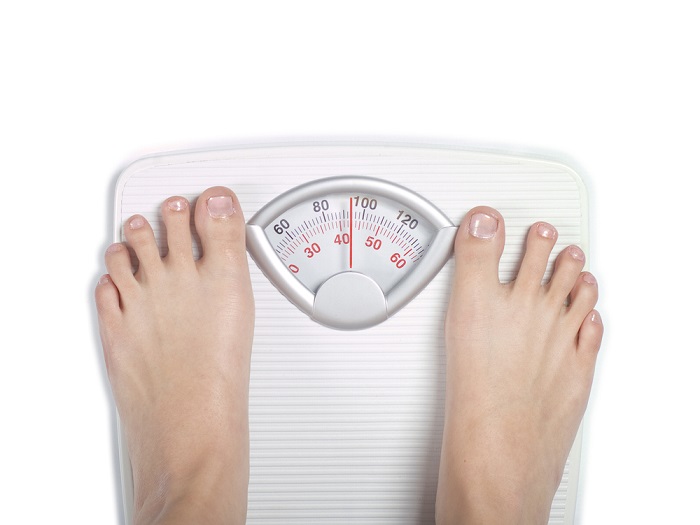Want Weight-Loss Tips? Beware of Top Search Results Online

If you're looking online for weight-loss advice, it might be a good idea to bypass the first page of your search results, a new study suggests.
About one-third of Americans are overweight, so it's not surprising that around 40 percent of Americans search online for tips on weight loss and exercise, according to research published in the Journal of Medical Internet Research. But the problem is that most of the links on the first page of a Google search lead to unreliable sources and commercial websites that market unrealistic weight-loss products and techniques, the study found.
Seeing top results full of unreliable information poses a problem for consumers, who usually only click on the first few links they see in their search results.
"Since the first links that appear on an Internet search, regardless of the topic, receive nearly 90 percent of all clicks, this steers consumers to substandard information,"study author François Modave, chairman of the computer science department at Jackson State University in Mississippi, said in a statement. [7 Little-Known Tricks that Shave Pounds]
For the study, Modave and the team of researchers asked volunteers who were interested in losing weight which search terms they would use to find information about weight loss online. The researchers also chose key phrases like "weight loss" and "lose weight" and let Google autocomplete the searches. In total they used 30 different search queries related to weight loss and clicked on the first few websites from each search.
For each site they landed on, they scored the content based on how closely it adhered to proven medical-based advice on nutrition, exercise and behavioral strategies. They found that medical sites, government sites, university sites and blogs ranked the highest. However, only about one-fifth of all the websites scored higher than 50 percent, which means they only included accurate information on 50 percent of key weight loss information.
None of the websites addressed all the factors that influence weight loss. Most websites focused only on one or two facets of weight loss, with pages dedicated only to diet information, or only to exercise guidelines, Modave said.
Get the world’s most fascinating discoveries delivered straight to your inbox.
Weight loss is more complicated than just eating less and exercising more, so credible and comprehensive information sources are important, the researchers said. Modave said one way to correct the problem is for government groups and academic institutions to start focusing on making their sites more search-friendly. It might also help to use personal blogs as a model, since blogs typically contain more conversational language that is easier for consumers to understand. But it's not only up to the government and academic organizations to make information easier to find and use; consumers should be more critical of what they read online, he added.
Caroline Apovian, director of the Nutrition and Weight Management Center at Boston University Medical Center, who was not involved in the study, said that searching for weight-loss advice online can be tough, but there are ways to screen the search results.
For example, it's important to pay attention to the credentials of those responsible for the website, she said. It's a good idea to look for someone with a medical or nutrition degree, a registered dietician, or someone who is an obesity medicine specialist, Apovian said. Some scientific journals also publish obesity and weight-loss guidelines.
The new study was published in the October issue of the American Journal of Public Health.
Follow Kelly Dickerson on Twitter. Follow us @livescience, Facebook & Google+. Original article on Live Science.

